093 #hthv3 #vibe
An initial recap of the third #HacktheHackathon workshop, relaying the spirit of the meeting and some key ideas we took home.
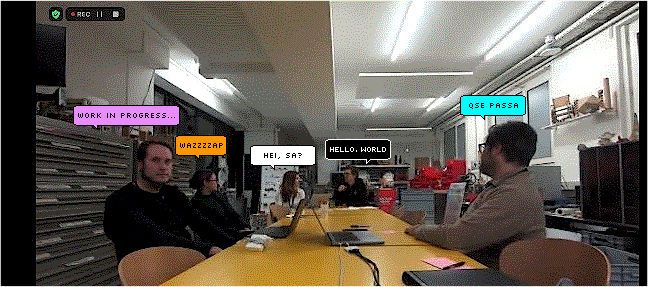
During a week in November, a delegation of peers from around the world met in Geneva to discuss the state of hackathons: to understand, to test, and to characterise each other's methods during the third Hack the Hackathon (HTH v3) workshop, bringing together an academic interest group and organized with support from, among others, the University of Geneva. Here I try to relay some of the spirit of the meeting and ideas we walked away with – with thanks to the organizers and research advocacy consortium behind this event.
Update: See also part II of my reporting on the workshop.
A little background: I am interested in the techniques of teambuilding and facilitation at hackathons of all shapes and sizes. We have institutionalized the format at Opendata.ch - Swiss chapter of Open Knowledge (OKFN), a global network of activists who build tools to improve data sharing, and regularly run events around civic tech platforms. Today I also support research and help to organize on-campus hackathons at Bern University of Applied Sciences (BFH) and at the department of Design & Art in Lucerne (HSLU). This gives me the opportunity to support graduate and undergraduate classes, where the learning process is rooted in project-based and largely self-organizing - let's call it hack-style - collaboration.
My stated purpose at the HTH colloquum: furthering knowledge around open-source tools (e.g. awesome-hackathon) and maintaining public data archives (e.g. hackathon.json) for past, current and future participants and organizers. In the Zoom-photo at the top of my post, you can see me in the back with fellow participants - joining Kiev Gama and Alexander Nolte for a side-event virtual panel called 'Hack the Hackathons and Innovation in the Public Sector' for Semana de Inovação (Innovation Week) in Brazil.

The plenary
The first Hack the Hackathon was held in the Netherlands in 2021, the second in the USA last year - and given this international interest, our Geneva event was held as a hybrid meeting, with ~30 of us convening at the SDG Solution Space, while another ~15 people took part in the online event on Discord and Zoom. Our stated goal was to spend the week to "build on conversations", "develop new ideas and initiatives", and "continue to grow and expand the community of hackathon practitioners and researchers".
In the plenary session, surrounded by reminders of the Sustainable Development Goals, we heard the story of HTH and played a refreshing icebreaker, asking each other five questions of a personal nature to quickly get on friendly terms, and - perhaps more importantly - to lower our guards, to be perceptive to different ideas and cultures at the start of the conference. Lightning talks gave us deeper glimpses into each other's work and outlook.
A range of topics that we pooled in advance were quickly prioritized through a spreadsheet vote, and we formed groups to dive into debates with ferocious intent. I suggested ideas of a more industrial nature, such as the Stakeholder Analysis of our last Hack:Org:X meeting, but the more down-to-earth topic of data exchange between organizers gained more support. We finally joined several brached topics to work on hackathon data collection, organizer/participant reflection and the "slow hack zone" together. Our next hours were spent in close collaboration and exchange in the comfy FabLab of the SDG Space and online channel.
You can find more links and post your feedback here:
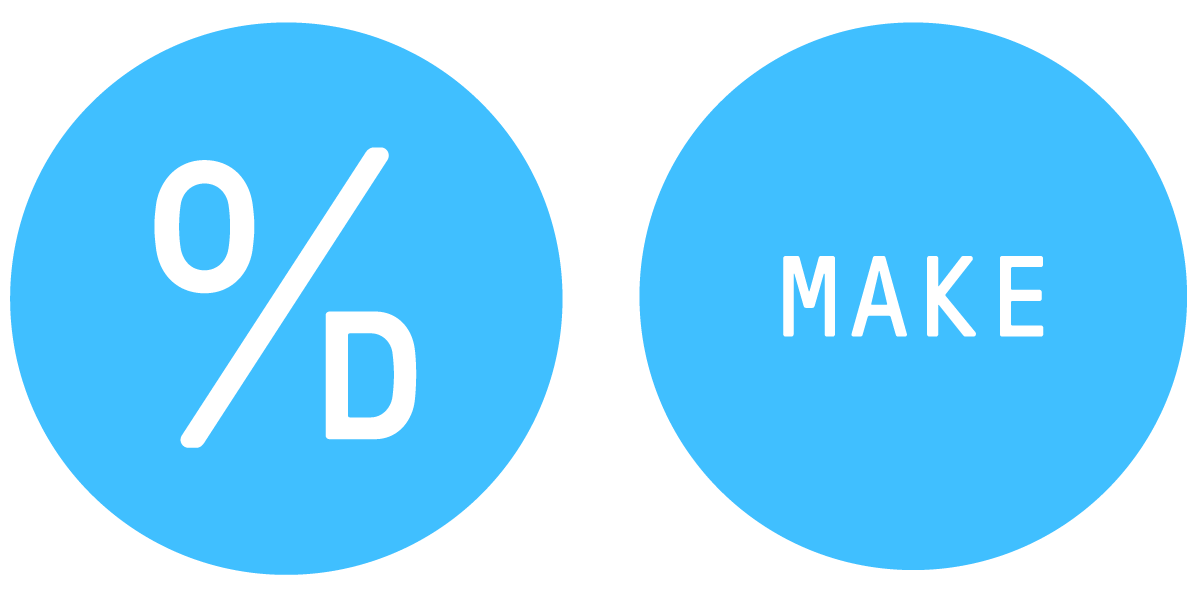
The hack

Pictured above (with some glitchart, just for fun), you can see Zaibei showing Jeanette and Abasi-Amefon a demo of real-time pose tracking: visualizing where a hackathon team moves around their space, and how they interact with each other. This was the start of the intensely technical, design-infused and philosophical collaboration behind The Vibe Hive.
Through analysis of our gestures and speech, a quantified evaluation can be achieved of the performance over time of a team. This impressive research into multi-modal collaboration, on which Zaibei is working on with Daniel Spikol, raises profound questions about the purpose and permissiveness of hackathons. I likewise took the opportunity to demo the MakeZurich badge, and to share the story of Dribdat and Hack:Org:X.
In our Hack, we explored the idea of a Slow Hackathon. The emphasis on slowness includes encouraging more reflection, not just quickly jumping into problems. The basic goal is to improve creativity and innovation, and to make hackathons more inclusive, healthy, enjoyable and sustainable. We brainstormed strategies for slowing down hackathons: extending the duration of the event, providing shared time for reflection, using tools to offload System 1 thinking in order to make more time for System 2. Organizers would then be able to use live-tracking of participants' progress to monitor their pace, and put on the proverbial brakes if necessary.
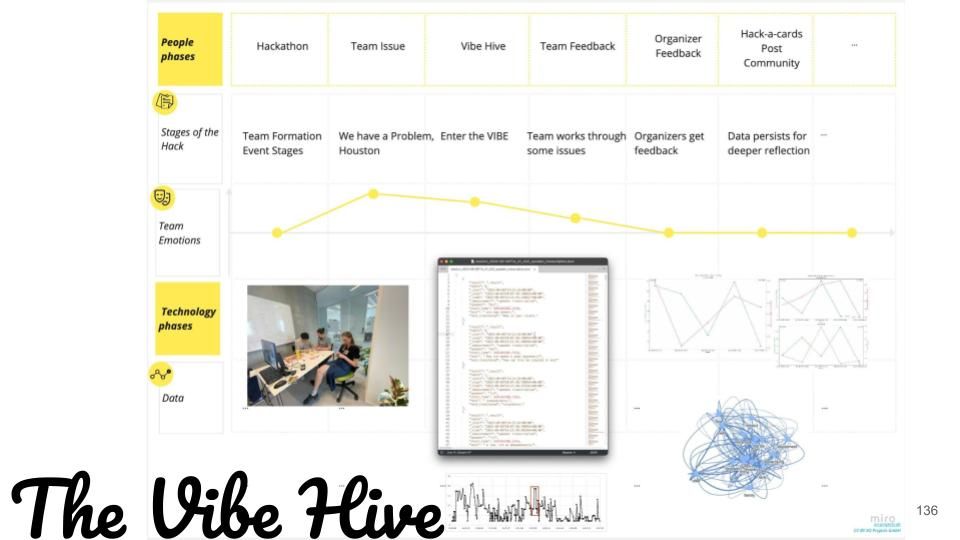
Incorporating elements of mindfulness, such as breathing excercises to reduce stress levels, can help promote slowness and reduce burnout. Possible interventions would include a set of guidelines for running a slow hack, and research methods for identifying periodic slowness during hackathons.
We took to the task of classifying the stages of an event to make the data coming out of live-tracking more meaningful, discussed the role of hackathons in drawing light to the problem of the unhealthy "crunches" for which the IT and game development industries are known, scoured the 'net for inspiration, and used generative A.I. to shape our ideas of future hackathons.
The Vibe Hive
The results of our project, dubbed The Vibe Hive and at least a little bit inspired by the intriguing circadian rhythms and swarm intelligence of bees, were presented on Friday. We had several occasions throughout the week to work through our ideas. Our first, contextual demo, is based on The Council - a ChatGPT project from a recent hackathon in Canada. Here is Meagan Flus demonstrating the questions our A.I. might ask a participant:
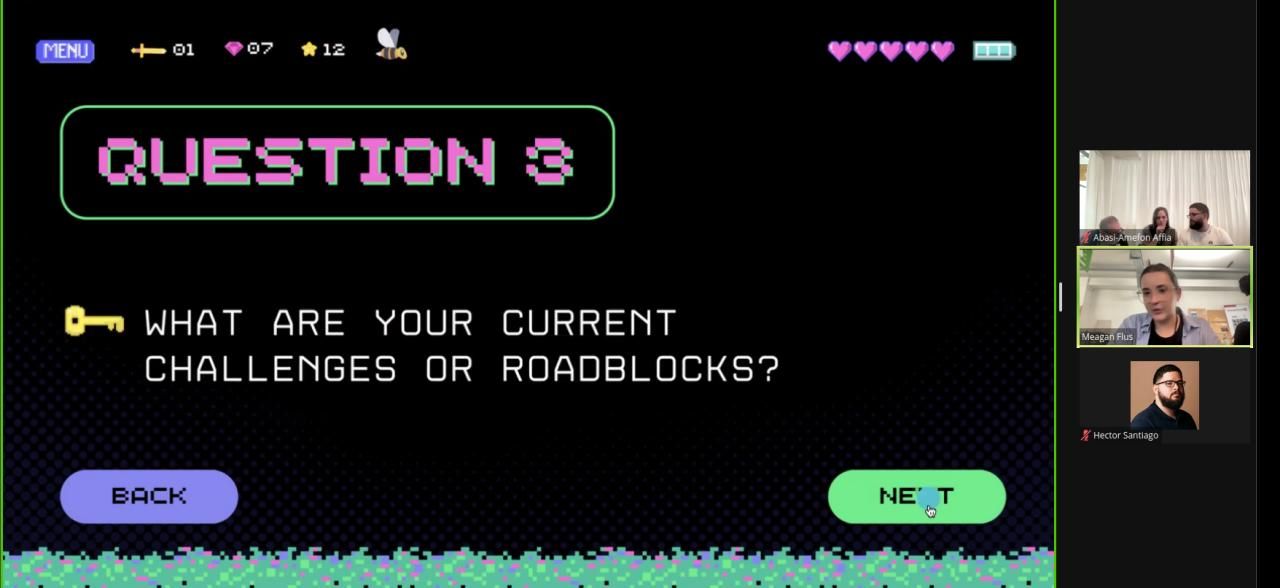
Take pause and get advice from an assembly of virtual creatures, who take on different roles to debate the situation that you or your team are in the middle of. Leverage wearable trackers and artificial intelligence to enhance the quality of your experience, provide valuable data to organizers and researchers.
It took a few hours to complete this second demo, a 3D-modelled virtual reality landscape and short animation, with optional but highly recommended music by the SoundScapeCrew.
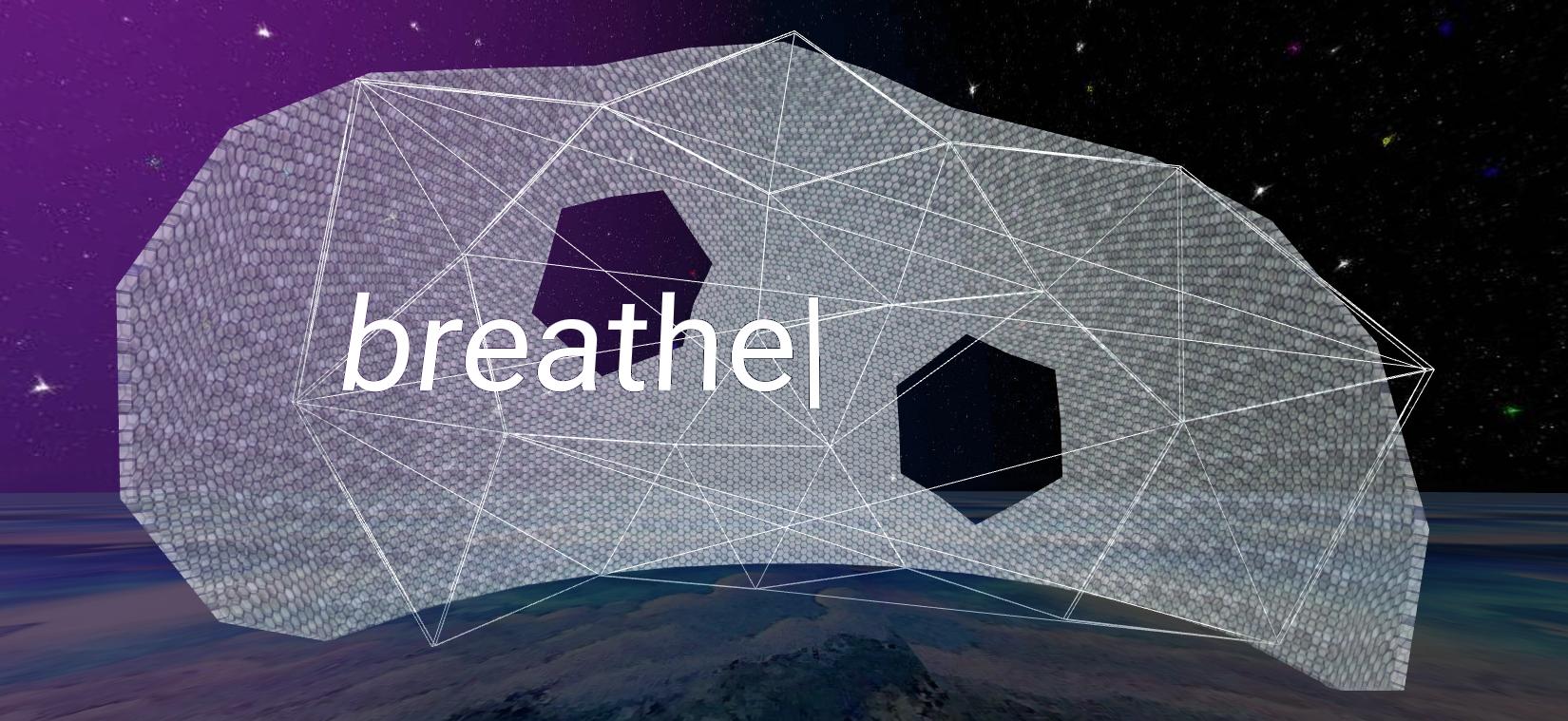
An artistic representation of the idea of approaching a complicated structure floating above a demanding world, only to see it fall away and leave the lattice of key relationships and experiences. Look around. Move beyond the 'you'. Find a point of balance among the stars.
The morning after
Our ideas for next steps for The Vibe Hive:
Build a platform to support reflection and slowing down for better hackathons. This could be a website, collecting data and research to quantify the scope of the problem that we originally outlined.
Send postcards to create a global community of caring participants & organizers. Inspired by communities who do this regularly (demoscene, reddit), and one 'joyful' API (Swiss Post), we thought this could help bring good vibes and tidings to hackathon organizers around the world.
Survey organizers about ‘escape spaces’ and similar strategies at their events. Because we believe that many teams already have quiet spaces or comfy corners with sofas or mood lightning, and we want to hear about it.
And, of course, we aim to report on progress by the next HTH v4!
Our interactions and collaboration have given me lots of food for thought. In addition to blogging about the experience, I look forward to sharing my impressions at the next Hack:Org:X meetup in Bern - feel free to join us on November 23. The HTH conference definitely helps to put fuel on the fire of hackathon practice and research. Not just as a time-limited workshop format, but as a current element of culture, a space rife with technical and social experimentation – that deserves our attention and involvement.
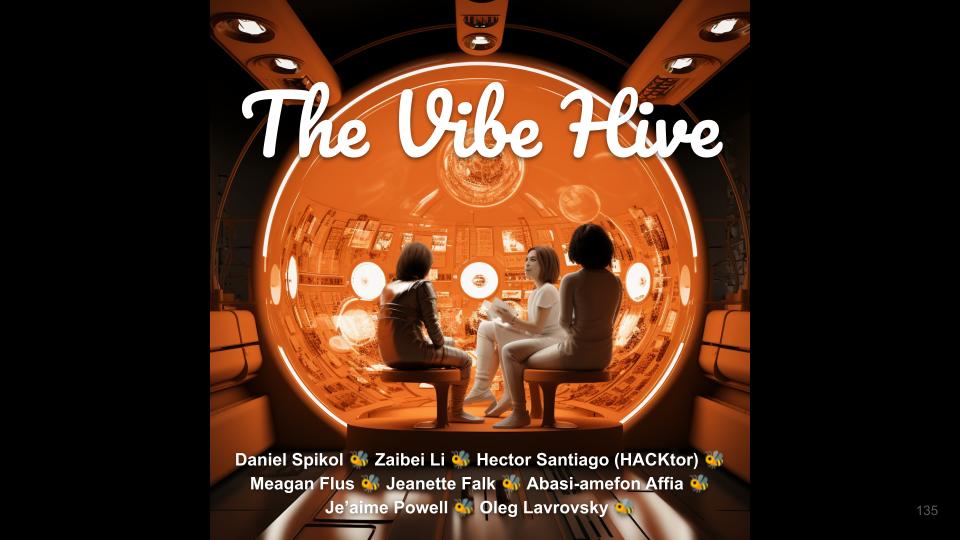
In the next blog post, I will share inputs from a presentation about the history of hackathons, and outputs from our meta-hack at the UN. Until then, please share your feedback on the forum or boost me on Mastodon!
“Let the mind beware, that though the flesh be bugged, the circumstances of existence are pretty glorious.”
― Jack Kerouac




